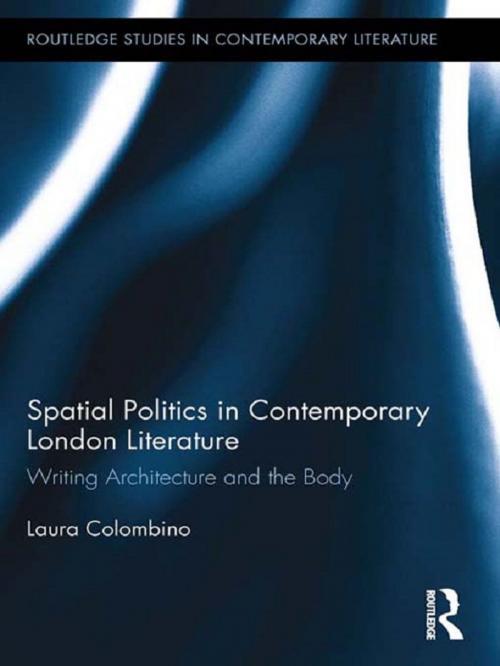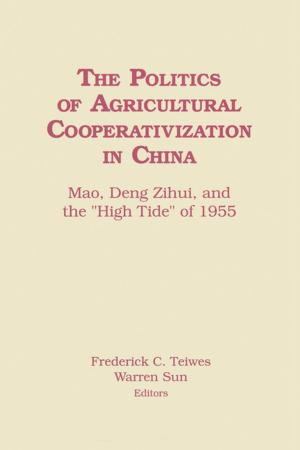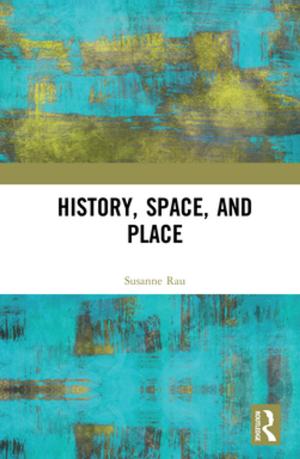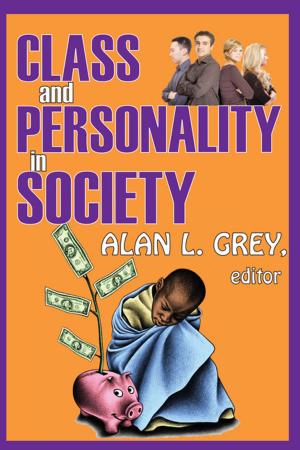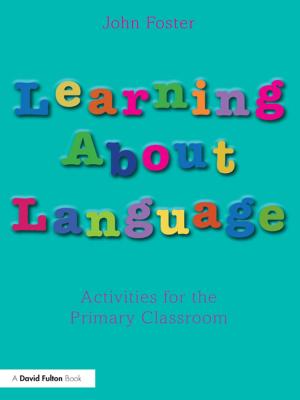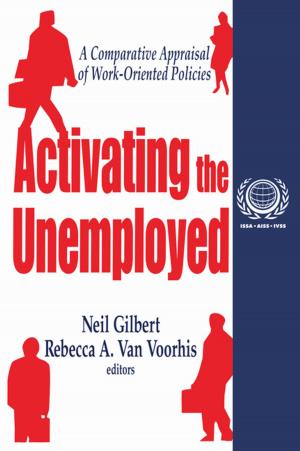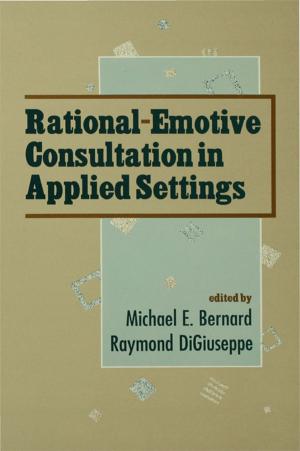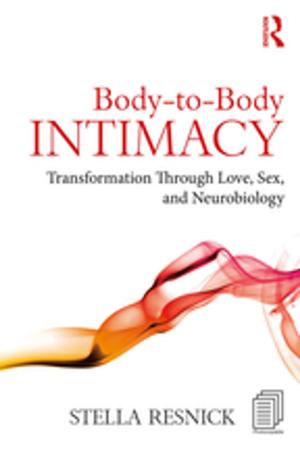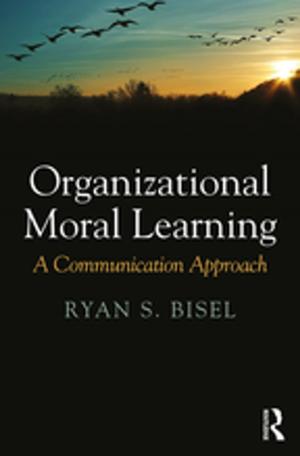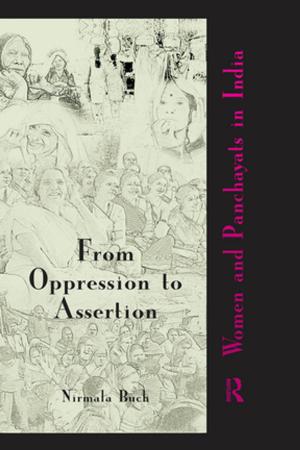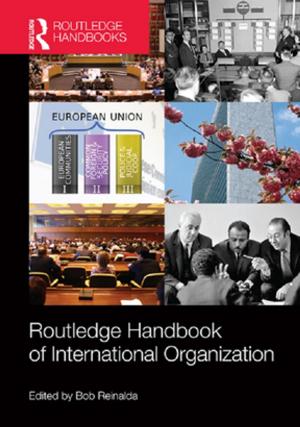Spatial Politics in Contemporary London Literature
Writing Architecture and the Body
Fiction & Literature, Literary Theory & Criticism, British, Nonfiction, Social & Cultural Studies, Social Science, Sociology, Urban| Author: | Laura Colombino | ISBN: | 9781136777950 |
| Publisher: | Taylor and Francis | Publication: | June 19, 2013 |
| Imprint: | Routledge | Language: | English |
| Author: | Laura Colombino |
| ISBN: | 9781136777950 |
| Publisher: | Taylor and Francis |
| Publication: | June 19, 2013 |
| Imprint: | Routledge |
| Language: | English |
This book analyses the spatial politics of a range of British novelists writing on London since the 1950s, emphasizing spatial representation as an embodied practice at the point where the architectural landscape and the body enter into relation with each other. Colombino visits the city in connection with its boundaries, abstract spaces and natural microcosms, as they stand in for all the conflicting realms of identity; its interstices and ruins are seen as inhabited by bodies that reproduce internally the external conditions of political and social struggle. The study brings into focus the fiction in which London provides not a residual interest but a strong psychic-phenomenological grounding, and where the awareness of the physical reality of buildings and landscape conditions shape the concept of the subject traversing this space. Authors such as J. G. Ballard, Geoff Dyer, Michael Moorcock, Peter Ackroyd, Iain Sinclair, Geoff Ryman, Tom McCarthy, Michael Bracewell and Zadie Smith are considered in order to map the relationship of body, architecture and spatial politics in contemporary creative prose on the city. Through readings that are consistently informed by recent developments in urban studies and reflections formulated by architects, sociologists, anthropologists and art critics, this book offers a substantial contribution to the burgeoning field of literary urban studies.
This book analyses the spatial politics of a range of British novelists writing on London since the 1950s, emphasizing spatial representation as an embodied practice at the point where the architectural landscape and the body enter into relation with each other. Colombino visits the city in connection with its boundaries, abstract spaces and natural microcosms, as they stand in for all the conflicting realms of identity; its interstices and ruins are seen as inhabited by bodies that reproduce internally the external conditions of political and social struggle. The study brings into focus the fiction in which London provides not a residual interest but a strong psychic-phenomenological grounding, and where the awareness of the physical reality of buildings and landscape conditions shape the concept of the subject traversing this space. Authors such as J. G. Ballard, Geoff Dyer, Michael Moorcock, Peter Ackroyd, Iain Sinclair, Geoff Ryman, Tom McCarthy, Michael Bracewell and Zadie Smith are considered in order to map the relationship of body, architecture and spatial politics in contemporary creative prose on the city. Through readings that are consistently informed by recent developments in urban studies and reflections formulated by architects, sociologists, anthropologists and art critics, this book offers a substantial contribution to the burgeoning field of literary urban studies.
